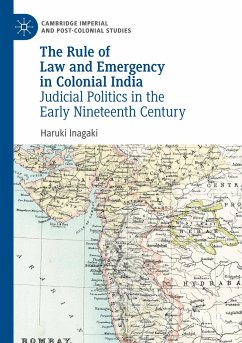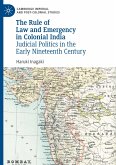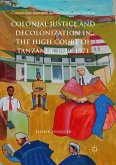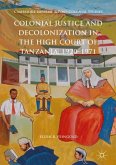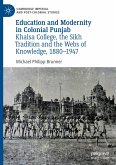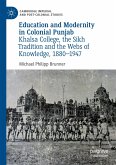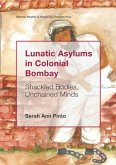This book takes a closer look at colonial despotism in early nineteenth-century India and argues that it resulted from Indians' forum shopping, the legal practice which resulted in jurisdictional jockeying between an executive, the East India Company, and a judiciary, the King's Court. Focusing on the collisions that took place in Bombay during the 1820s, the book analyses how Indians of various descriptions-peasants, revenue defaulters, government employees, merchants, chiefs, and princes-used the court to challenge the government (and vice versa) and demonstrates the mechanism through which the lawcourt hindered the government's indirect rule, which relied on local Indian rulers in newly conquered territories. The author concludes that existing political anxiety justified the East India Company's attempt to curtail the power of the court and strengthen their own power to intervene in emergencies through the renewal of the company's charter in 1834. An insightful read for those researching Indian history and judicial politics, this book engages with an understudied period of British rule in India, where the royal courts emerged as sites of conflict between the East India Company and a variety of Indian powers.
Bitte wählen Sie Ihr Anliegen aus.
Rechnungen
Retourenschein anfordern
Bestellstatus
Storno

